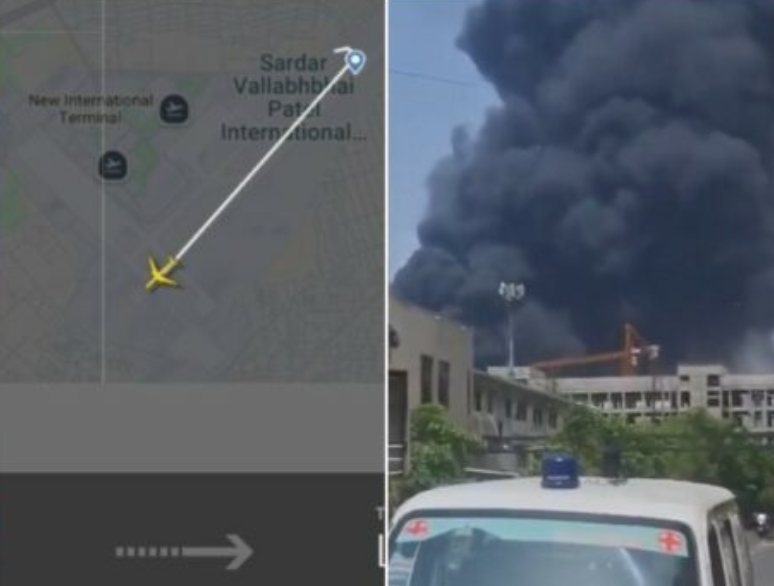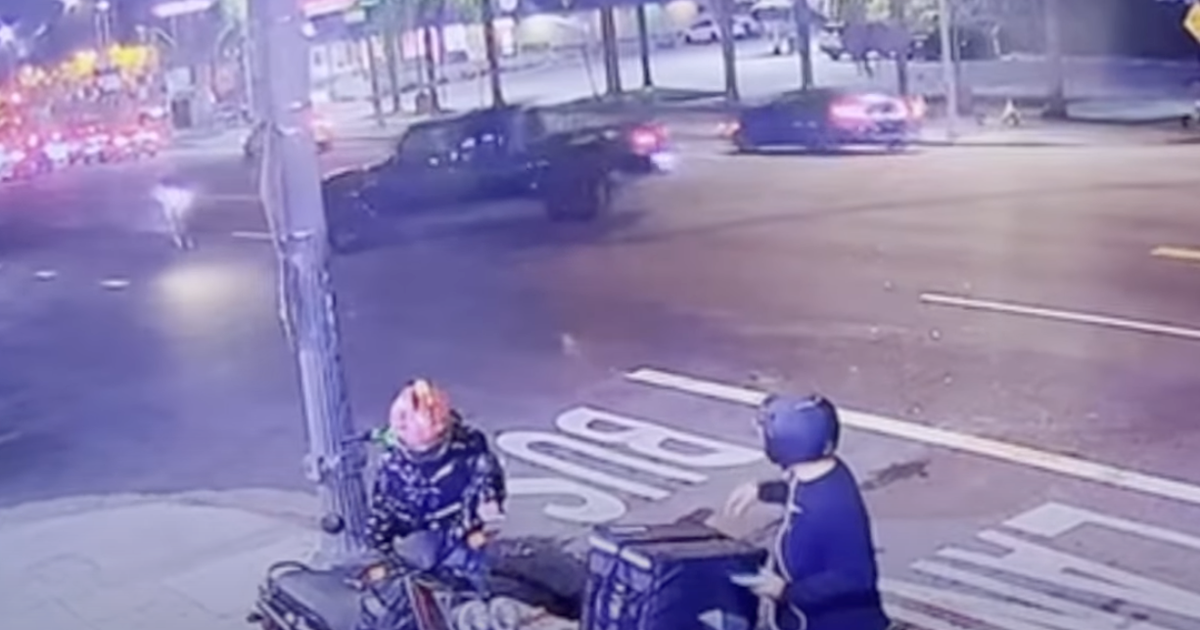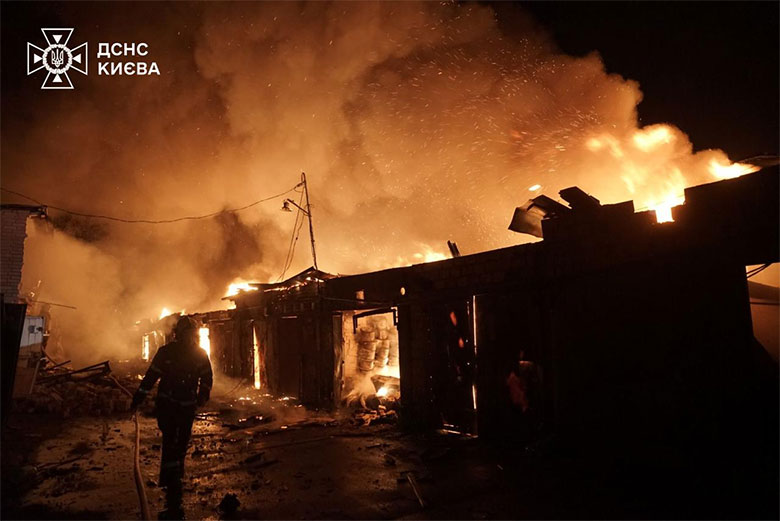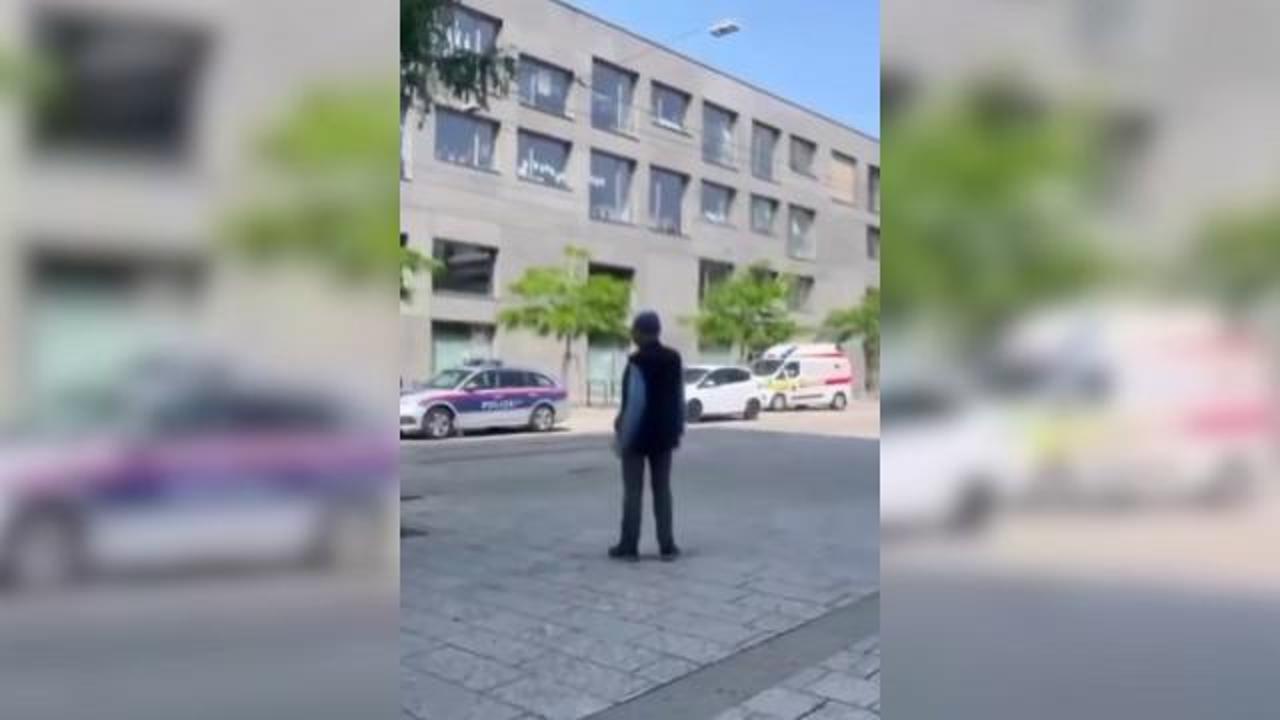[ad_1]
MEXICO CITY (Reuters) – An army of trained rescuers and scores of volunteers carefully combed through the rubble of Mexico’s most deadly earthquake in decades on Saturday, hoping against diminishing odds to pull more survivors out nearly four days after the disaster struck.
While rescue efforts at the sites of some collapsed buildings had been called off, at others sweat-drenched workers kept up a frenzied pace.
The 7.1 magnitude earthquake destroyed 52 buildings in the sprawling Mexican capital early afternoon on Tuesday, leaving thousands homeless and close to 300 people dead nationwide.
Apartment buildings, offices, a school and a textile factory were among the structures flattened.
Maria Isela Sandoval waited anxiously outside a collapsed office building in the trendy Roma neighborhood for news of her missing nephew and possibly other co-workers trapped somewhere under the ruins.
She said her nephew worked on the fourth floor of the building, and that officials have told her they believe survivors could be trapped in a capsule within the twisted steel and chunks of concrete.
“We pray to God they are alive, that they can hold on,” the 38-year-old housewife said, her eyes red with exhaustion as she has not slept in days.
U.S. rescue workers went to work Friday in the collapsed office building, looking for six people who were still missing.
Mexican soldiers and volunteers, supported by teams from as far away as Israel and Japan, have so far rescued at least 60 people from the ruins in Mexico City and surrounding towns.
After several days of searching, rescuers were finding more corpses than survivors, and frustration was mounting especially as the government’s efforts were largely panned.
Across the mega city of more than 20 million people, many whose homes had become uninhabitable sought a place to call home, raising the specter of a housing shortage.
Officials said there could be some 20,000 badly damaged homes in the adjacent states of Morelos and Puebla.
Julia Juarez, 56, sat in a park where the homeless set up tents. “All the help we have received is from the civilian population. The government has not sent anything at all,” she said. “No food, no clothes, no water, not even an Alka-Seltzer,” she said, referring to the pain relieving medication.
Tuesday’s massive quake hit on the anniversary of the deadly 1985 tremor that by some estimates killed as many as 10,000 people and destroying scores of older buildings in the Mexican capital.
Despite the shrinking odds that more survivors would be pulled out from huge piles of debris, workers at many sites continued to dig on the faintest chance at success.
At the same collapsed Roma office building, volunteer coordinator Angel Ortiz, a 36-year-old taxi driver, pointed to the results of heat-sensing detectors that appeared to show signs of life somewhere underneath the rubble.
“There are still people alive down there,” he said.
Like many traumatized but determined rescue workers, Ortiz described the past few days as an emotional roller-coaster, feeling encouraged one moment but depressed the next.
“For me, it’s really satisfying to be here even though it’s hard to explain,” he said. “There’s so much emotion and anxiety.”
Reporting by Julia Love and Alexandra Alper; Writing by David Alire Garcia; Editing by Muralikumar Anantharaman
[ad_2]
Source link






Leave a Reply